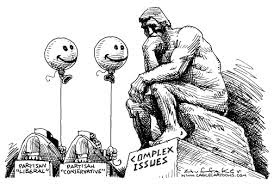The AI turn in education

An AI turn In conversations about education these days, something about ChatGPT must be mentioned. Otherwise, the speaker appears out-of-date. Like the MOOCs a decade ago, everyone seems to have an opinion about it. Everyone thinks that this is going to change education beyond recognition. One can guess what happens next. This is what we saw with MOOCs; It was changing all education; shortly after that, it was not. Initially, everyone wanted to show off that they have heard about Coursera; in a few months, everyone wanted to sound smart by expressing concerns about the MOOC's low completion rates. There were even reasonable-sounding debates about whether completion is the right parameter to look at in the MOOC world. However, all this is ancient history. Today, if anyone brings up MOOCs, the eyes will roll and dropping pins will be heard. Its moment has come to pass! ChatGPT brings us to a similar moment, though it was adopted faster and therefore, opinions about it are more nume...










